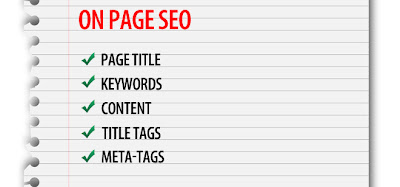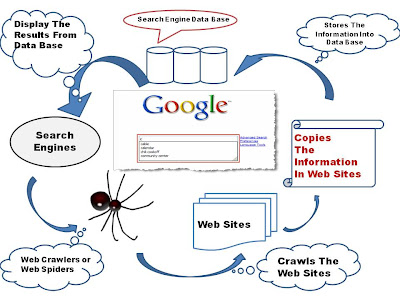White hat SEO is additionally called ‘Ethical SEO’.
White hat SEO refers to SEO tactics that aim to make a quality website over the long period by focusing on the websites audience. White hat SEO techniques embrace making unique, high-quality web site content and providing links to different relevant content on the site page.
[ Read: Black Hat SEO or Spamdexing ]
White hat SEO:
White hat SEO strategy adhere to any or all search engine rules and guidelines.A SEO method, technique or process is considered as White Hat if it goes after the followings:
- If it conforms to the search engines’ procedure.
- If it doesn’t involves any fraud.
- If it makes sure that the content a search engine indexes and afterward ranks is that the same content a visitor will see.
- If it ensures that Web Page content ought to be created for the users and not only for the search engines.
- If it ensures the high-quality of the web pages
- If it ensures the helpful content accessible on the web pages
Constantly follow a White Hat SEO method and don't attempt to fool your site guests. Be honest and without any doubt you will get something additional.
Our Next Post: What is Black Hat or Spamdexing?





















